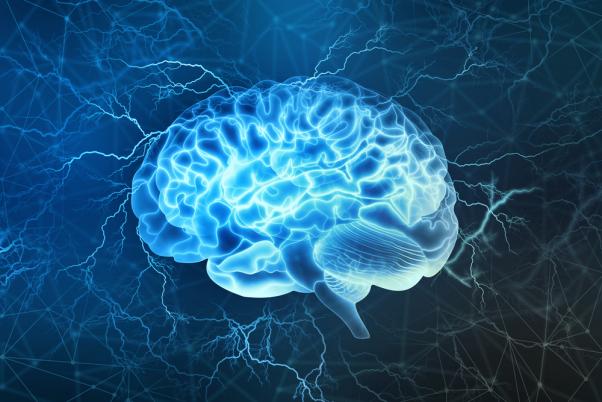You are here
Science Resources

Neuroscience
Understanding how our brains work is key to understanding why we do the things we do and how we should be judged for our actions.
This program describes current neurotechnology and provides an overview of neuroscientific topics relevant to the legal system, including how neuroscience evidence may or may not assist in rendering judgment in individual cases.
Modules may be accessed in any order. To get started, click on the any of the links below.
Neuroscience: Introduction
In this introductory video, Judge Jed S. Rakoff elucidates the purpose of this web-based neuroscience program and highlights the important, continuing role neuroscience research plays in the legal system.
Neuroscience: How the Brain Works
In this module, Dr. Andrea H. Gaede, a Science & Technology Policy Fellow from the American Association for the Advancement of Science (AAAS), provides a brief introduction to the brain and central nervous system.
Neuroscience: Traumatic Brain Injury
Traumatic brain injury (TBI) is a rich area of research that is growing in public interest and increasing in funding due to the rising awareness of brain injuries related to military service and athletic activities. This module highlights the ways in which TBI may alter brain function.
Dr. David Brody, director of the Center for Neuroscience and Regenerative Medicine at the Uniformed Services University, describes the symptoms, pathology, and treatment of TBI and how these injuries affect behavior in patients.
Neuroscience: fMRI
This video provides a basic overview of how Functional Magnetic Resonance Imaging (fMRI) technology works, what the data can tell a researcher, and what challenges those who seek to introduce fMRI data in court face. Dr. John VanMeter, director of Center for Functional and Molecular Imaging at Georgetown University, demonstrates an experiment using fMRI and discusses caveats of this technology, experiment structure, the group-to-individual inference problem, and how these things could be useful to the courts.
Neuroscience: Criminal Responsibility
In this module, Dr. Read Montague, a professor at Virginia Tech Carilion Research Institute, describes how researchers are studying structure and connectivity in the human brain, what the data may tell us about criminal responsibility, and the impact that this research may have on the courts.
Neuroscience: Young Adult Offenders
This module introduces the neuroscientific evidence underpinning differences between adolescent and adult brains and how this may inform legal decision making. Dr. Robert Kinscherff, an associate professor in the doctoral program in clinical psychology and associate vice president for community engagement at William James College, talks about ways to gain a better understanding of how the brains of young adults differ from those of children and adults and how this affects young adult behavior. He also elaborates on the importance of considering how culpability and punishment should be viewed differently in cases involving young adults.
Neuroscience: Addiction
In this section, Dr. Amy Janes, assistant professor of psychiatry at Harvard Medical School, provides a general introduction to the brain networks affected by addiction and substance abuse disorders. She addresses the nature of addiction and the brain changes caused by repeated substance abuse.
Neuroscience: Pain Detection
This module provides an overview of the neuroscience of pain. A founding member of the National Institutes of Health (NIH) Pain Consortium, Dr. David Thomas seeks to answer questions on the nature of pain, available treatments, and objective measures of pain.
Neuroscience: Memory, Lie and Recognition Detection
In this module, Dr. Craig Stark, professor of neurobiology and behavior at the University of California, Irvine, discusses how memory is encoded in the brain, how memories can be manipulated, and why these topics are relevant to the courts.
Neuroscience: Future Directions – Legal Perspective
In this section, Amanda C. Pustilnik, professor of law at the University of Maryland, discusses approaches that judges could employ when evaluating emerging neurotechnology.
Neuroscience: Future Directions – Scientific Perspective
Dr. Walter Koroshetz, director of the National Institute of Neurological Disorders and Stroke (NINDS), and Dr. Joshua Gordon, director of the National Institute of Mental Health (NIMH), provide insight into the current trajectory of neuroscience research. They highlight the future direction of research funded by the NIH BRAIN Initiative, and, by extension, the field of neuroscience. This discussion provides insight into neuroscience evidence that may appear in the courts in the near future.
Neuroscience: Summary of the Course by Judge Jed S. Rakoff
Additional Resources:
- The MacArthur Foundation Research Network on Law and Neuroscience: Publications
- A Collection of TED Talks on the Topic of Neuroscience
- The Journal of Neuroscience
